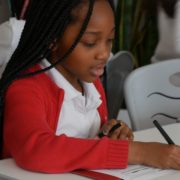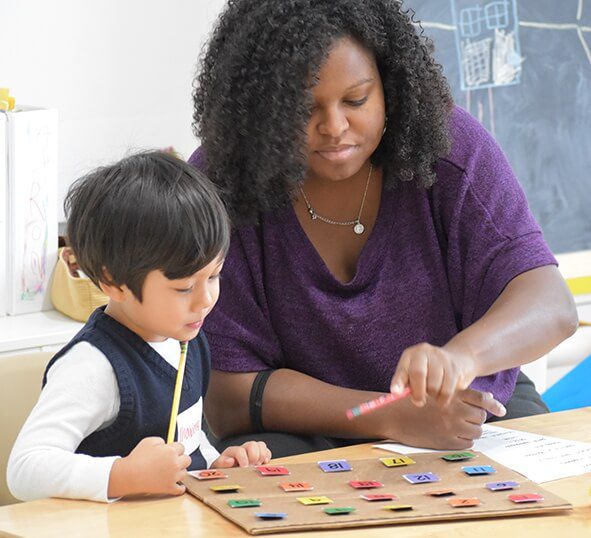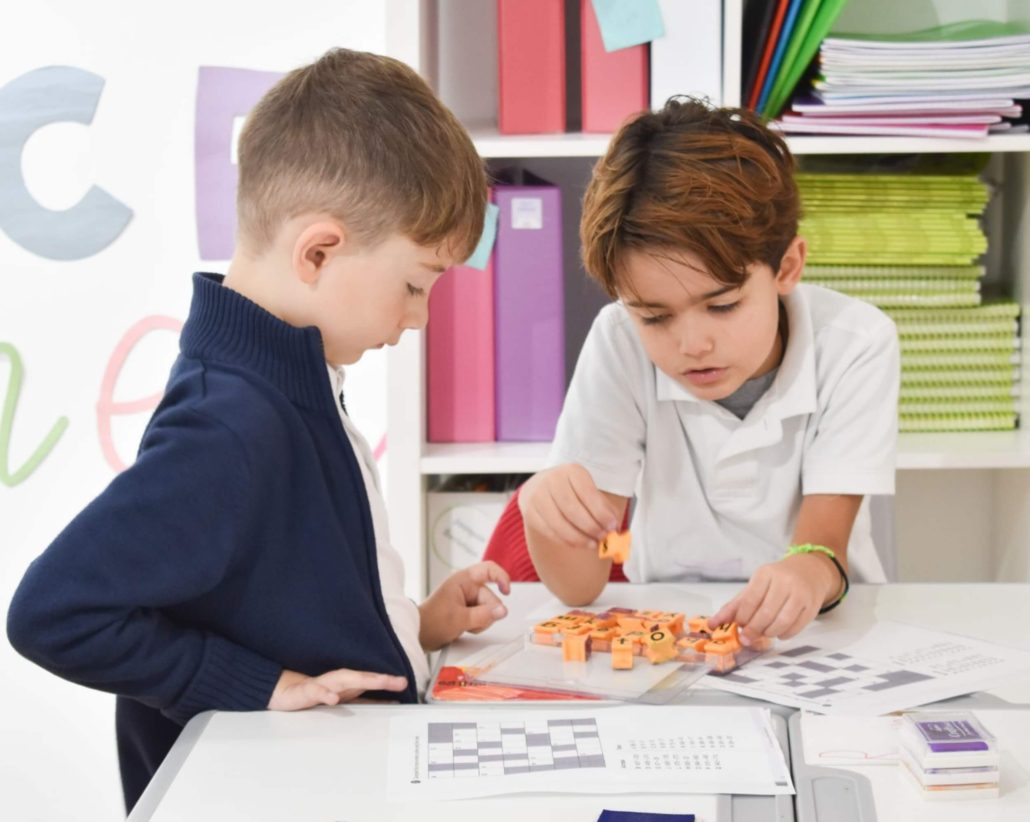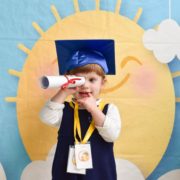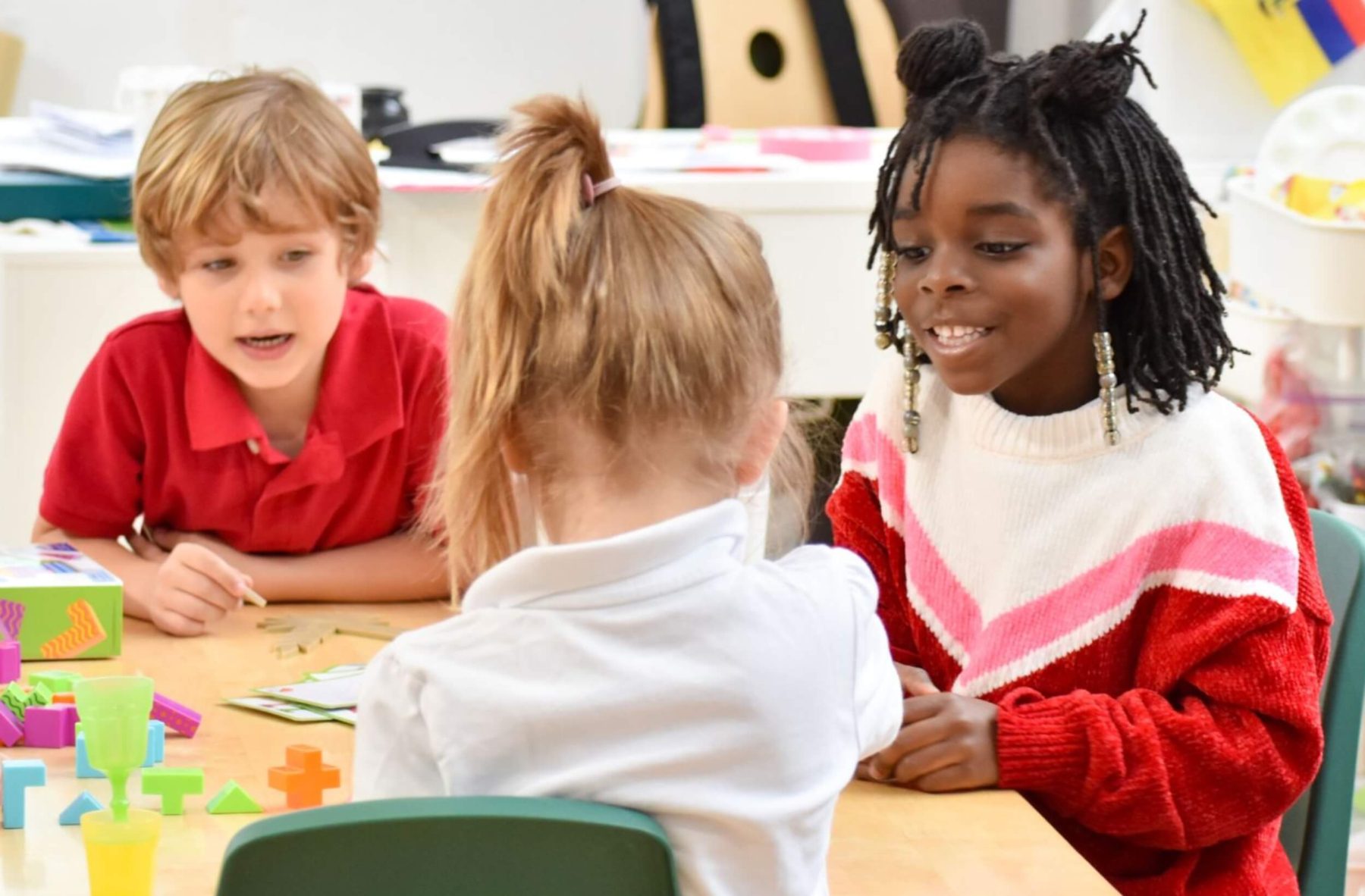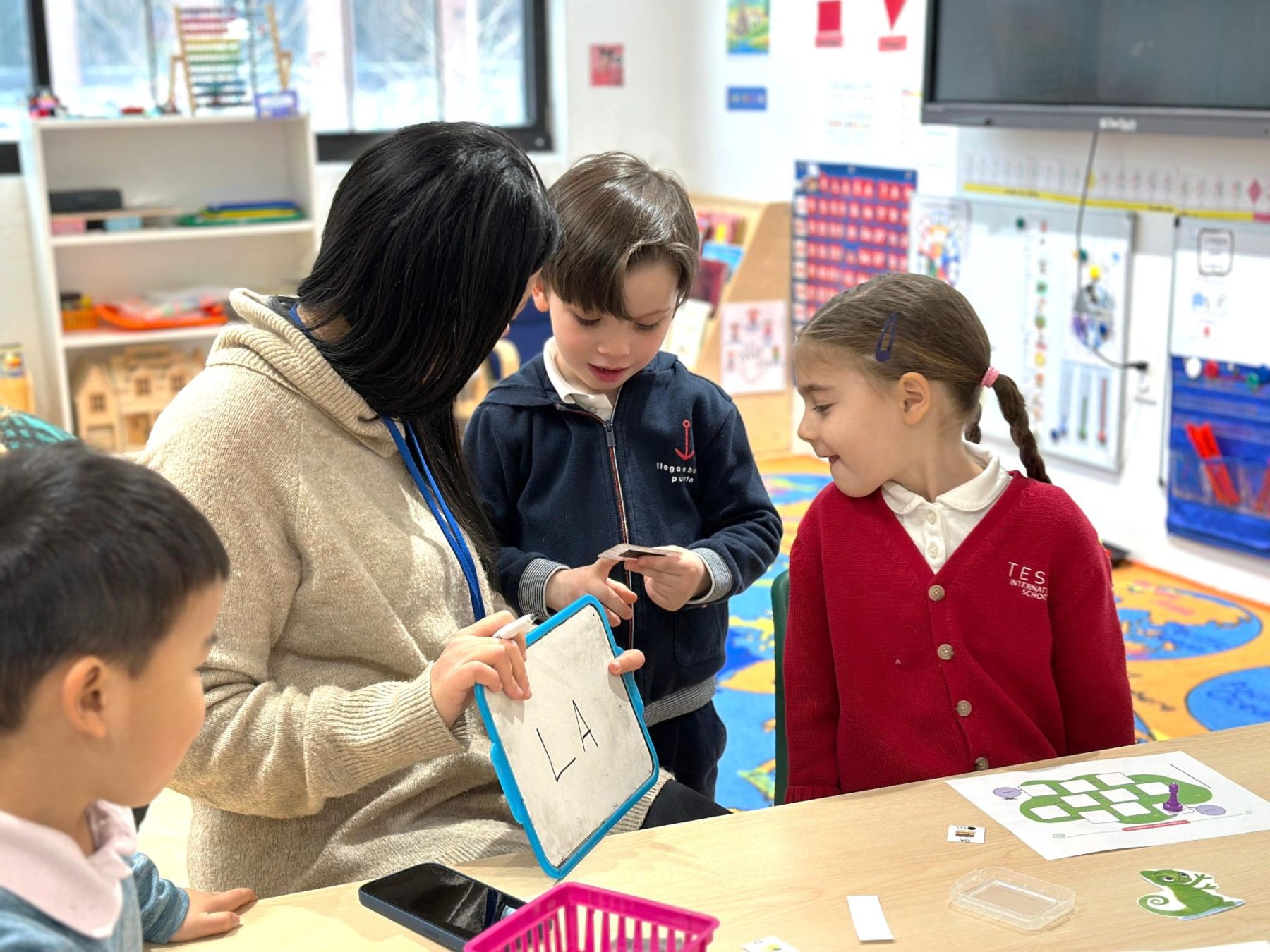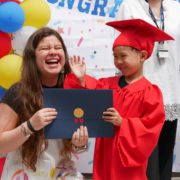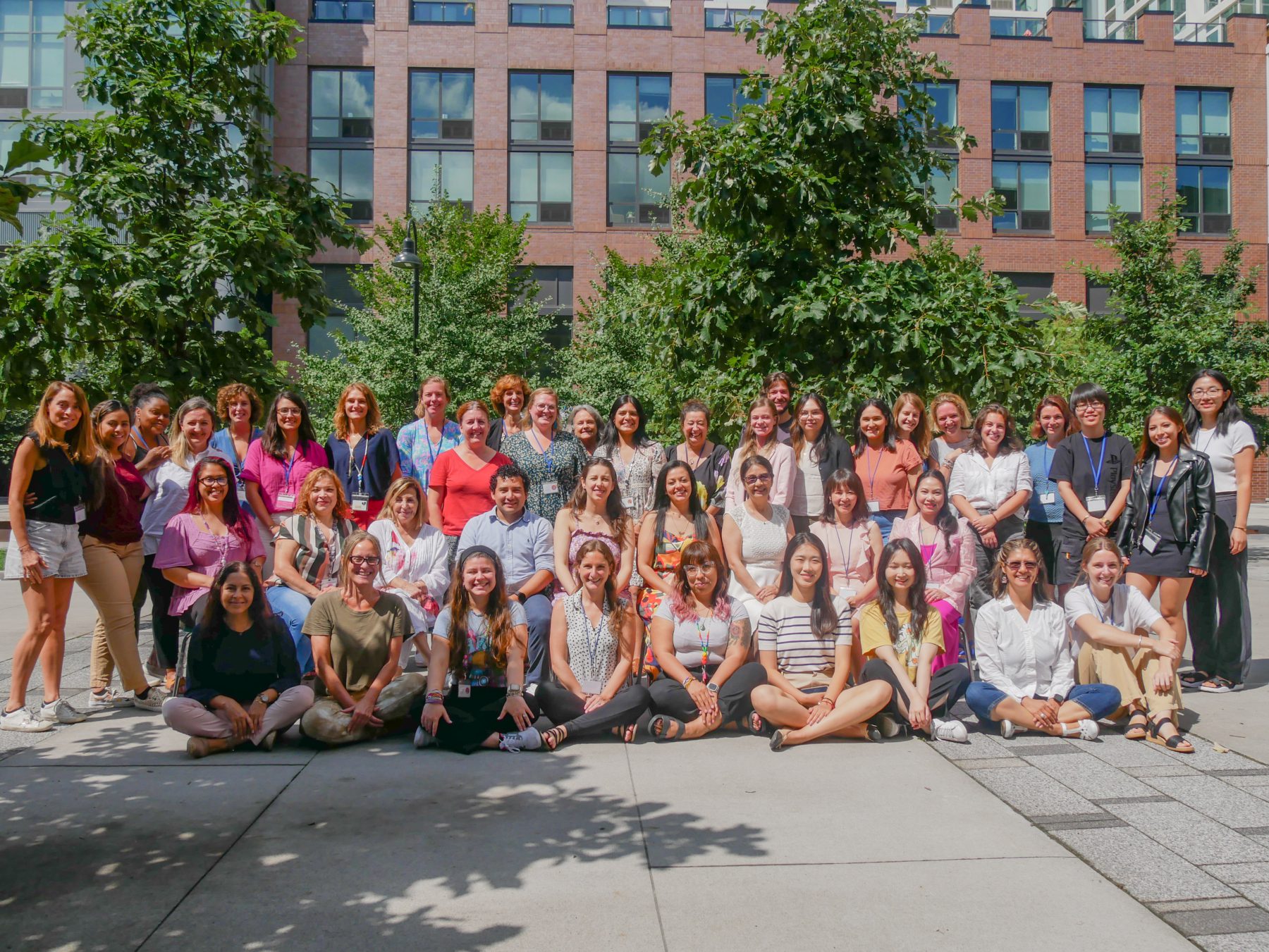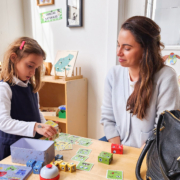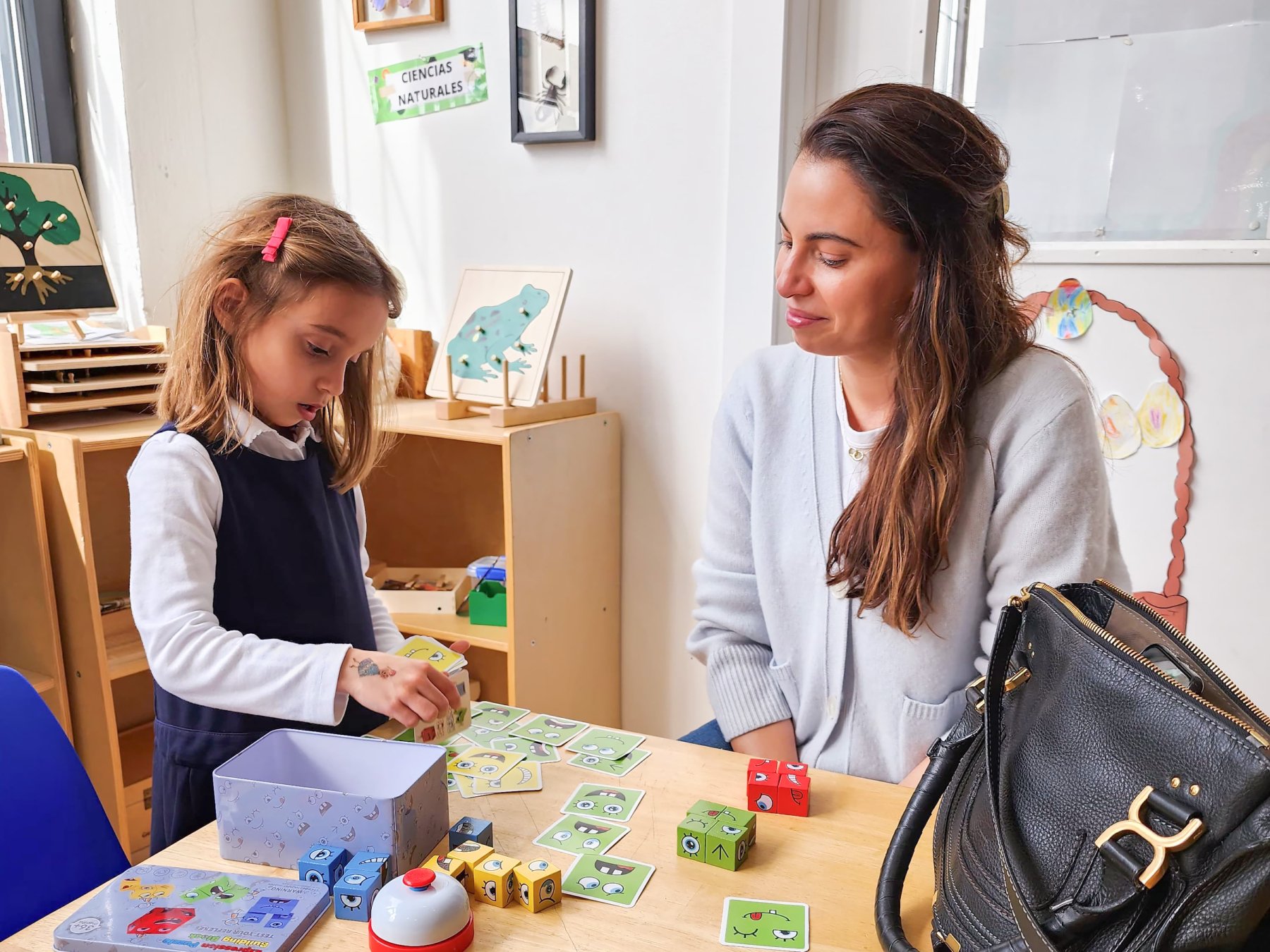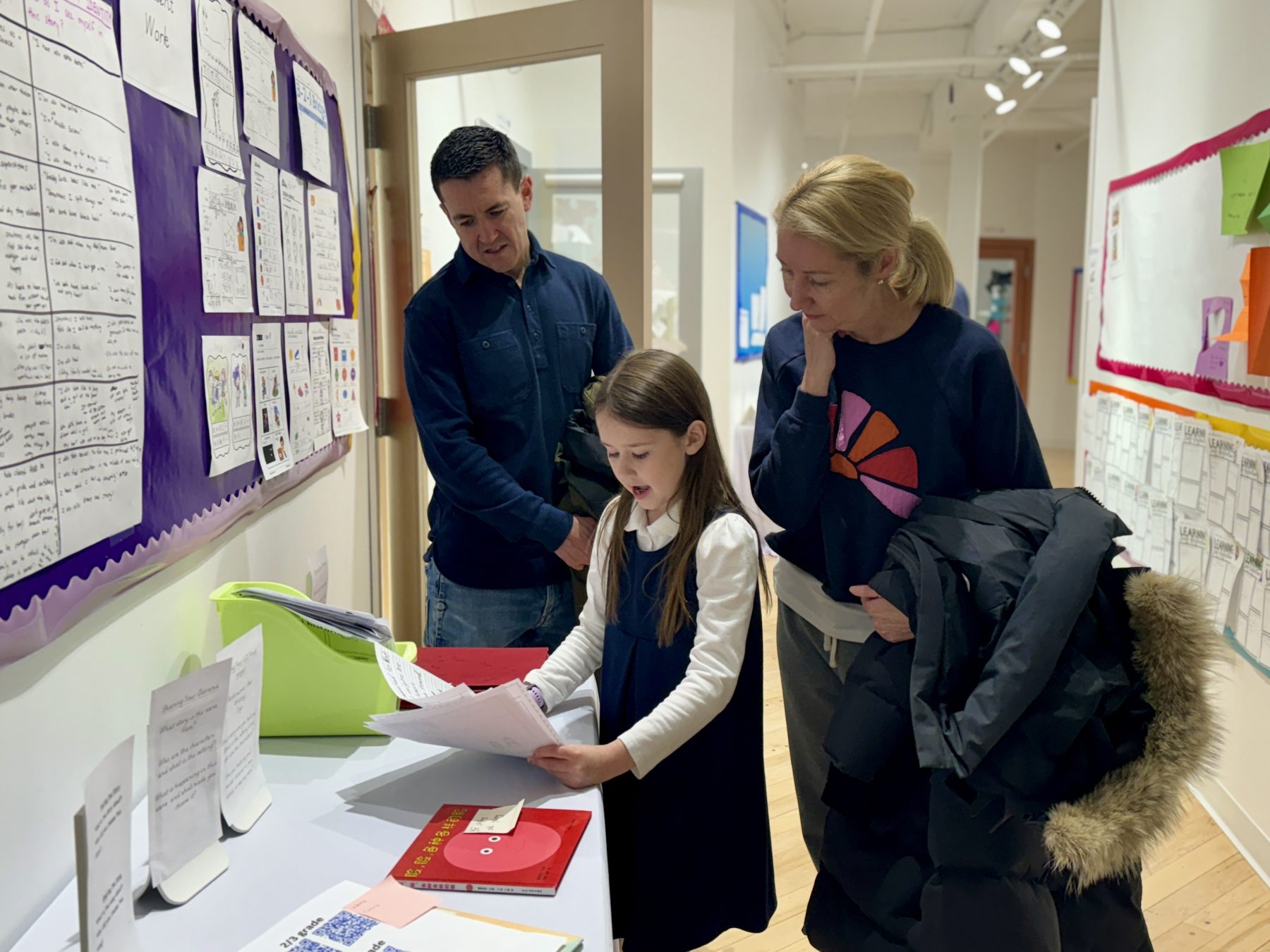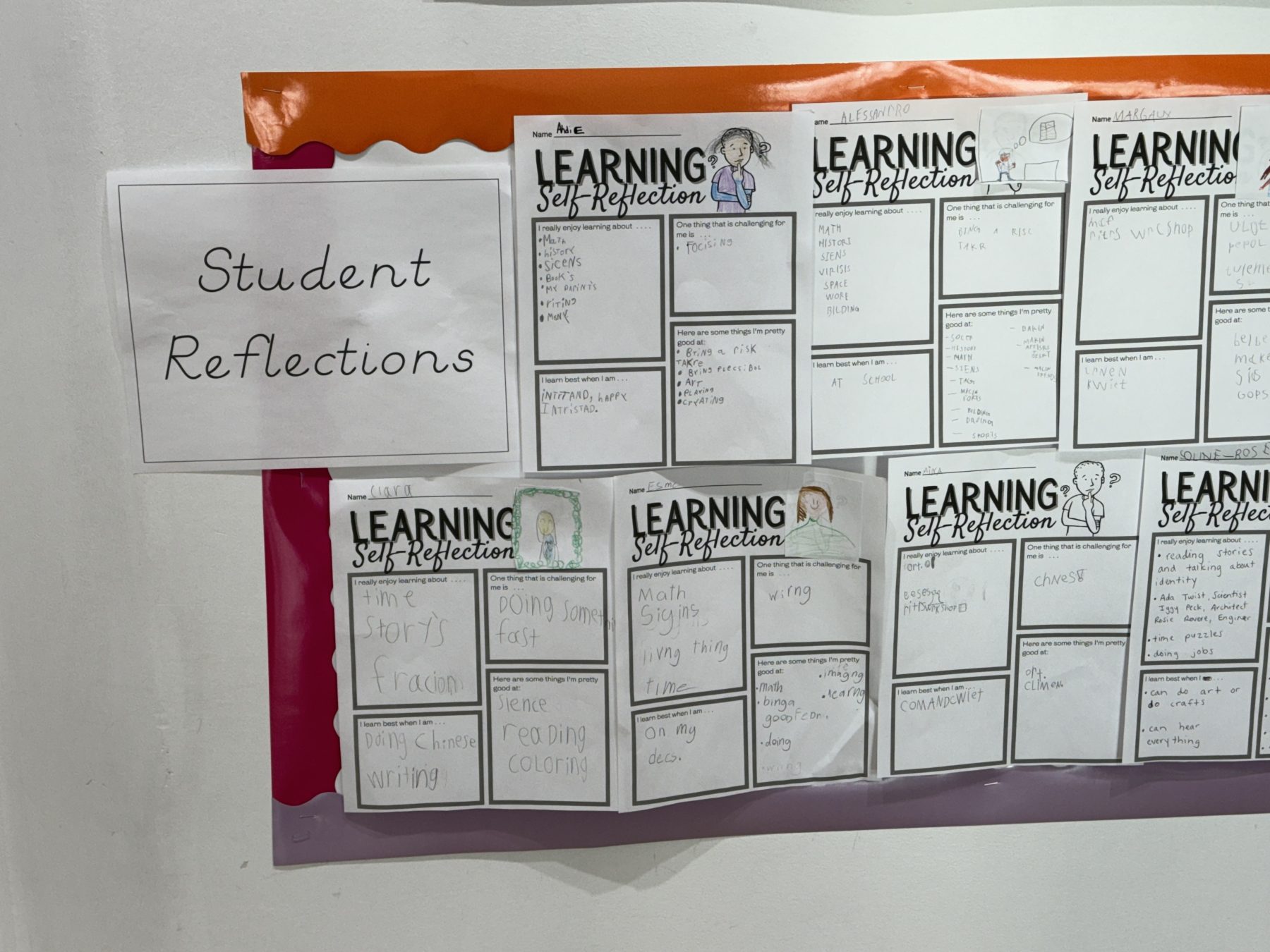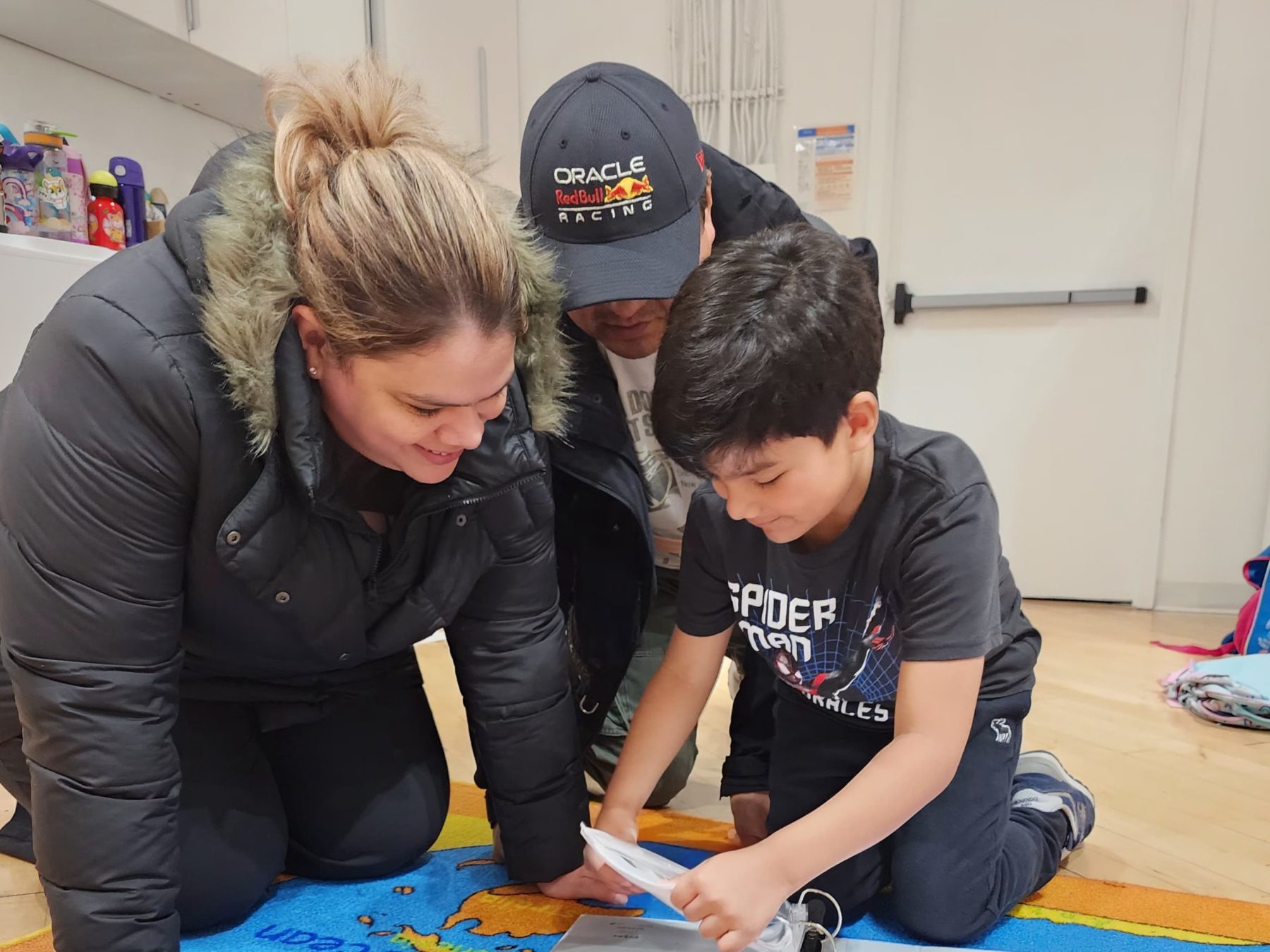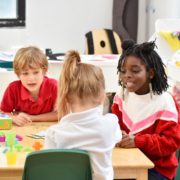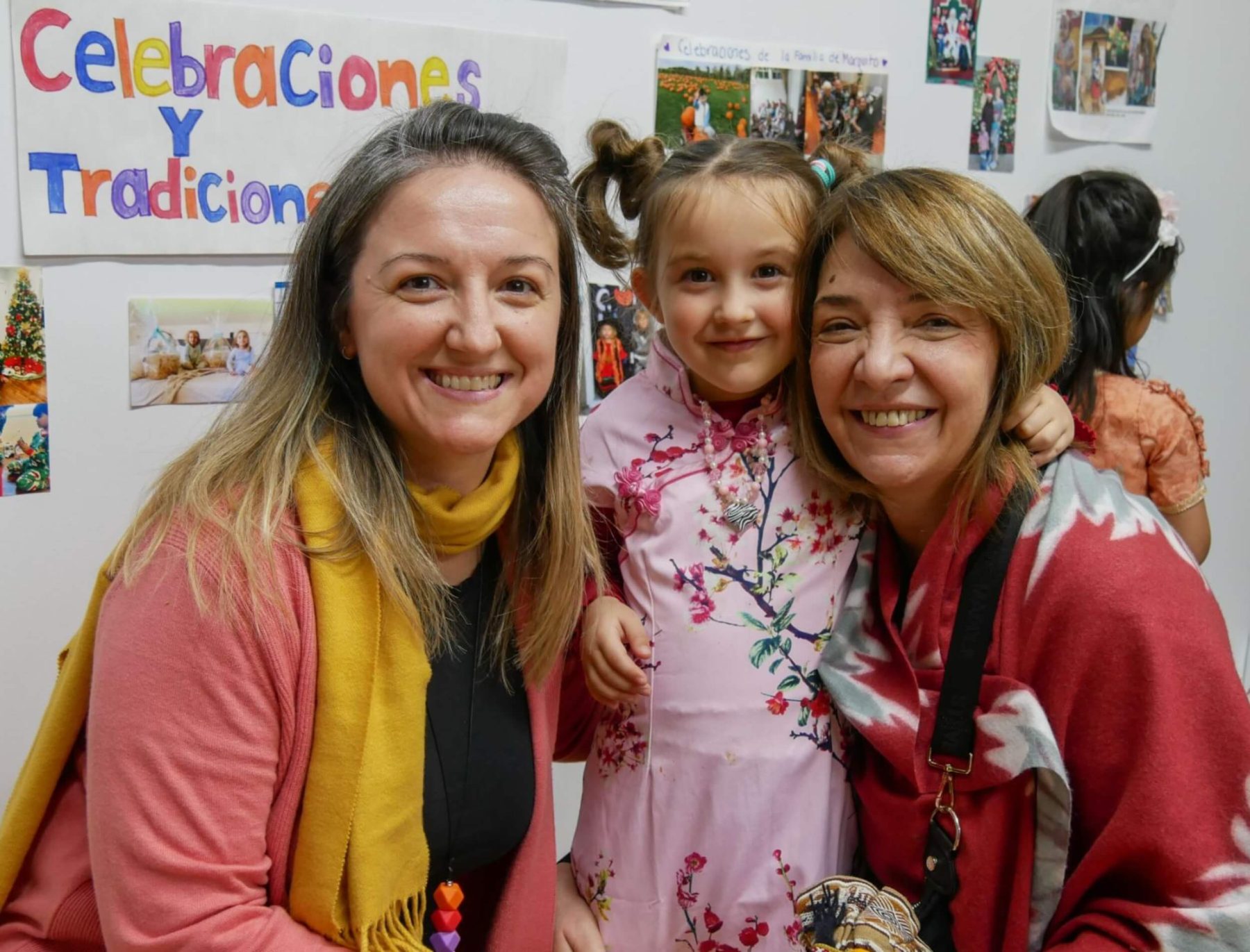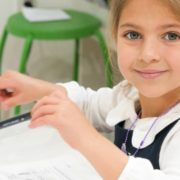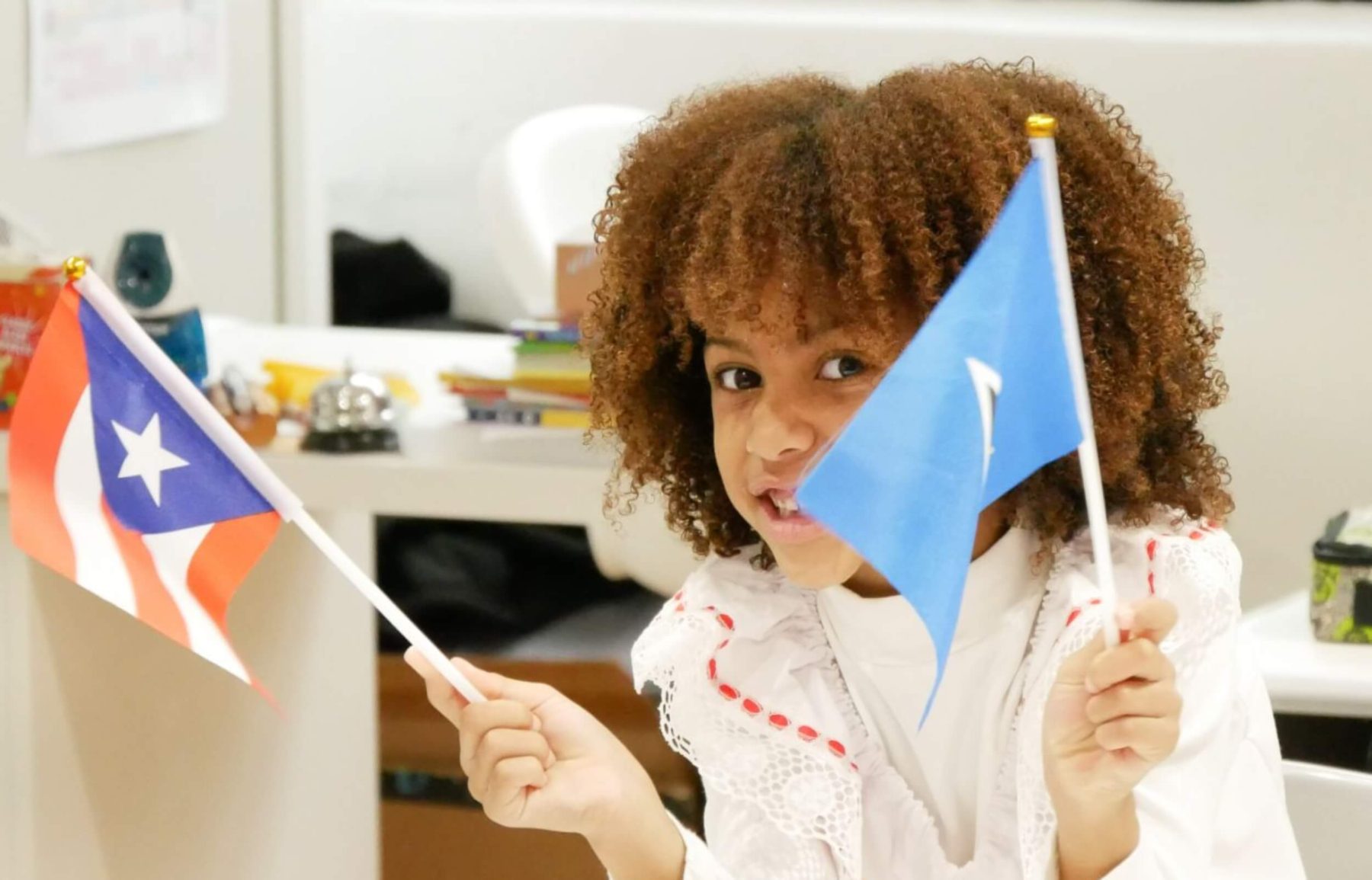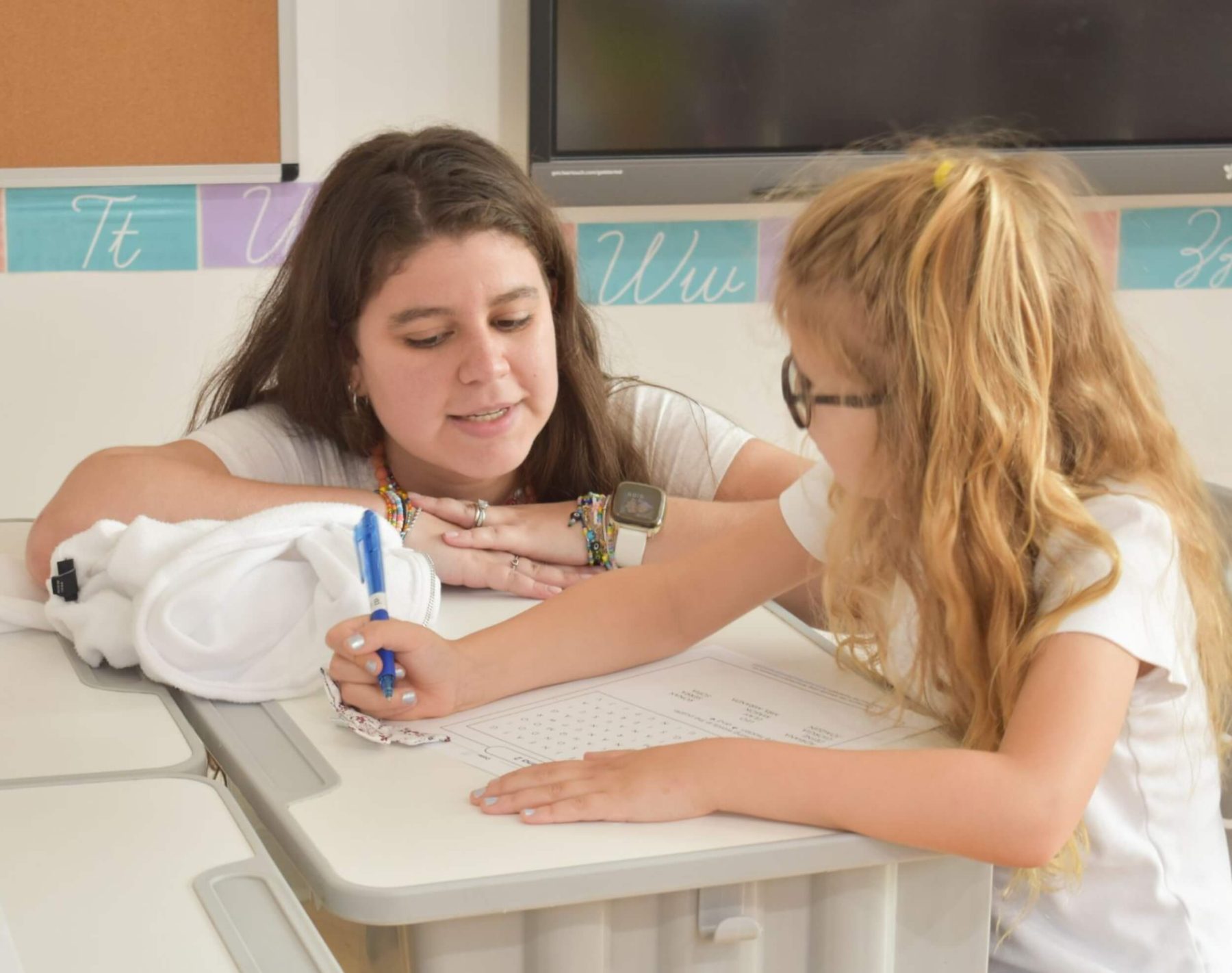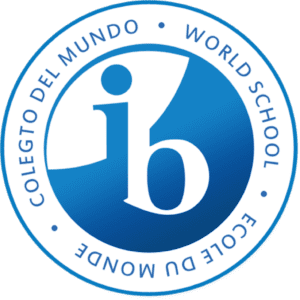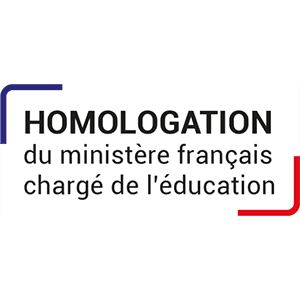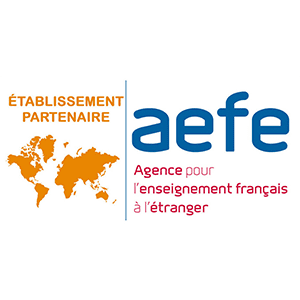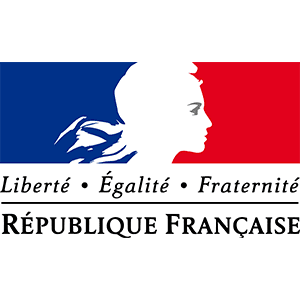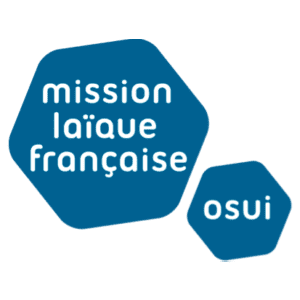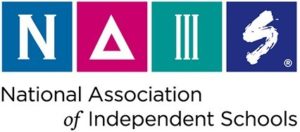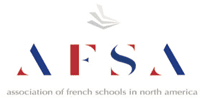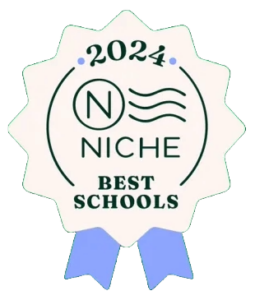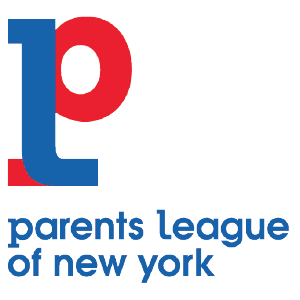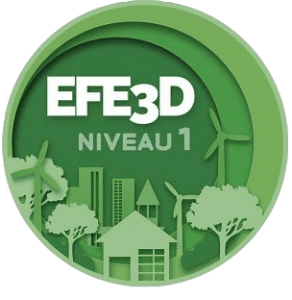Why Learning Another Language in K-12 School Matters
Why should students learn a second language? At Tessa International School, we cultivate the ability to communicate in multiple languages, an invaluable skill that shapes a child’s educational journey and future.
The benefits for parents considering enrolling their children in a school that prioritizes language learning are manifold and compelling. Let’s explore them together.
Why Students Should Learn a Second Language: The Value of Early Bilingual Education
Research consistently shows that early childhood is the optimal time for language acquisition. The brain’s circuits associated with language learning are more flexible at a young age, making it easier for children to learn new languages and achieve fluency.
At Tessa International School, we recognize the immense advantages of early bilingual education, and our programs are designed to maximize these benefits. What are 3 benefits of learning a second language? Enhanced cognitive development, fostering cultural awareness and sensitivity, and enhanced future opportunities come to mind.
1. Enhanced Cognitive Development
Perhaps the most commonly cited answer to our initial question: why should students learn a second language? Learning another language enhances cognitive development. What are the cognitive advantages of multilingualism? Children who grow up bilingual demonstrate superior problem-solving skills, creativity, and critical thinking abilities.
This cognitive boost stems from the brain’s need to manage two language systems, strengthening executive function – the mental processes that enable planning, focusing attention, remembering instructions, and juggling multiple tasks. This cognitive flexibility gives bilingual children a significant academic edge over their monolingual peers.
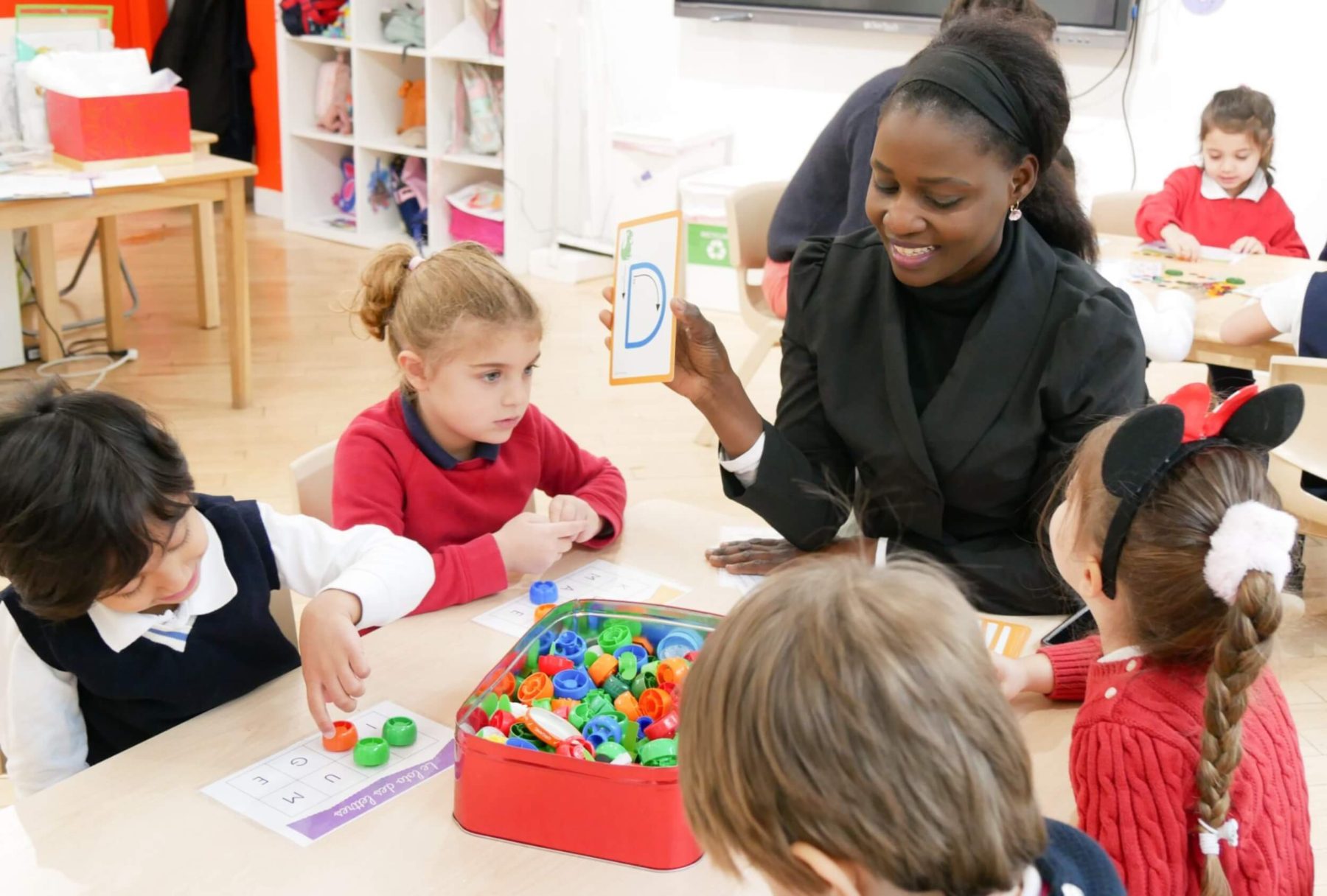
Enhanced cognitive skills are a key reason why students should learn a foreign language.
2. Fostering Cultural Awareness and Sensitivity
Secondly, bilingual education fosters cultural awareness and sensitivity. In our diverse and globalized society, understanding and appreciating different cultures is a crucial skill.
At Tessa, students are immersed in language acquisition and the rich cultural contexts these languages represent. This cultural immersion promotes empathy and respect for others, preparing our students to be global citizens who can navigate multicultural environments with ease and confidence.
3. Opening Future Opportunities
Another reason why students should learn a foreign language is that bilingualism opens up a world of future opportunities. Proficiency in multiple languages is highly valued in today’s job market, providing a competitive advantage in various fields such as international business, diplomacy, and technology.
Furthermore, bilingual individuals often have more opportunities to study, work, and travel abroad, enriching their personal and professional lives.
Tessa International School’s Unparalleled Educational Experience
If you’re pondering reasons to choose an international school, our didactic method might help you decide. Our approach ensures students become fully bilingual through immersive and dual-language teaching methods with a choice of Spanish, French, or Mandarin alongside English. In our preschool program, from Nursery through Kindergarten, students experience full immersion in their target language. They are taught 80% of the time in this language, allowing them to build a robust and lifelong foundation.
As students transition to primary school, starting in Grade 1, they benefit from our dual-language approach. They spend half the week with their English teacher and the other half with their target language teacher. This structure allows for the seamless integration of language learning into their broader educational experience.
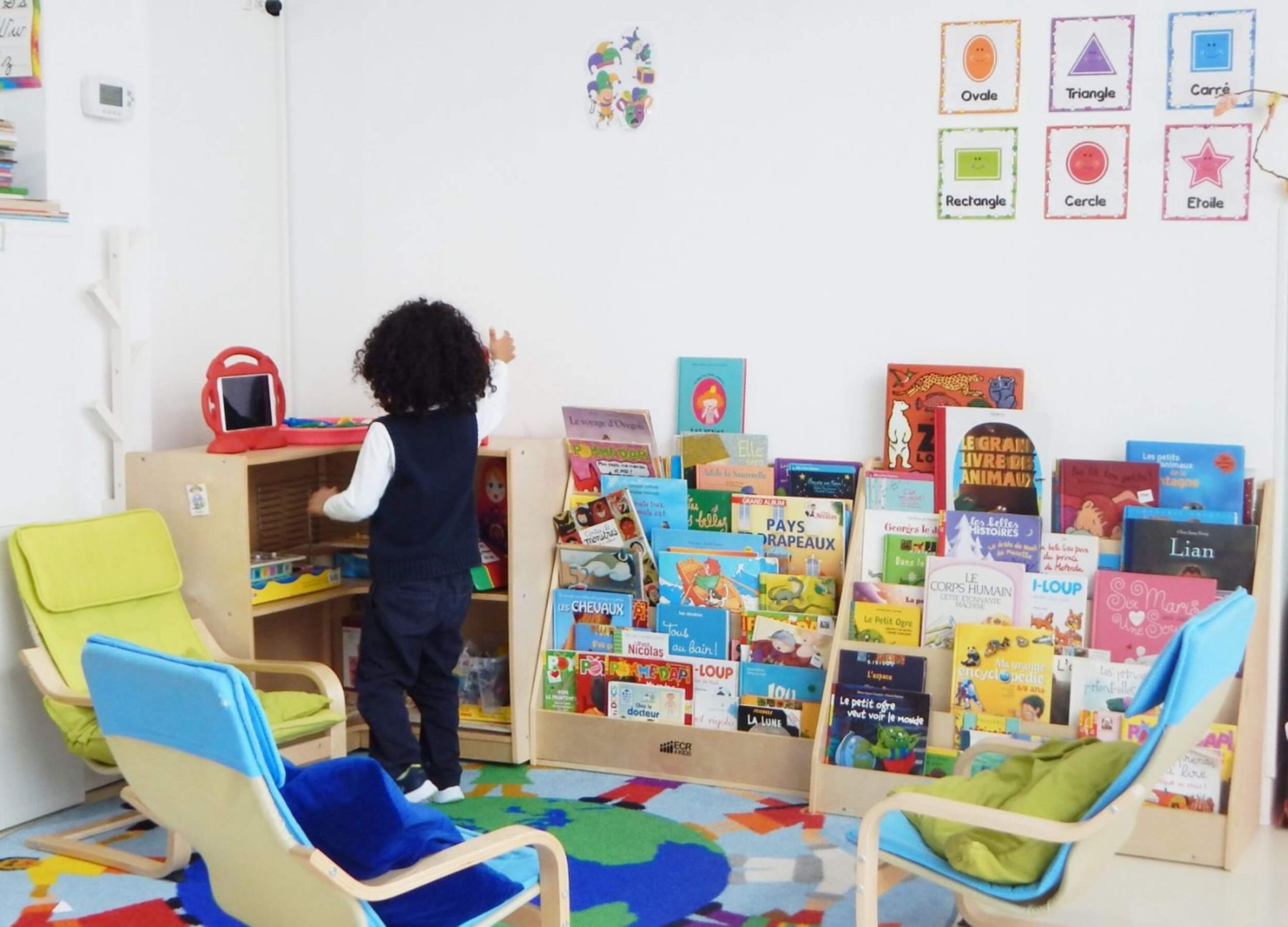
Why should students learn a foreign language? Research reveals a host of benefits.
Fostering A Love Of Languages
Our Spanish, Mandarin, and French International School offer a multilingual environment encourages a genuine love for languages. Sienna’s parents appreciate how we’ve instilled a joyful love of learning: “We are very pleased with the education Tessa has been providing for our son. We feel they offer an environment in which he can thrive and shine. In the few months he’s been there, his knowledge of Spanish has grown tremendously. We love hearing him count and sing in Spanish! And we can tell the teachers and administration care about each and every one of the students; he is genuinely happy to go to school each day. We are very happy to be a part of the Tessa family!”
Are you ready to explore one of the top Hoboken private schools?
Contact Tessa International School to learn more!
Frequently Asked Questions
Question: What are 3 benefits of learning a second language?
Answer: Enhanced cognitive development, fostering cultural awareness and sensitivity, and enhanced future opportunities come to mind.
Question: What are the cognitive advantages of multilingualism?
Answer: Children who grow up bilingual demonstrate superior problem-solving skills, creativity, and critical thinking abilities.


